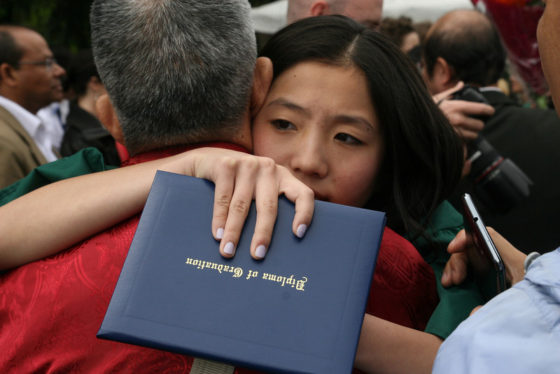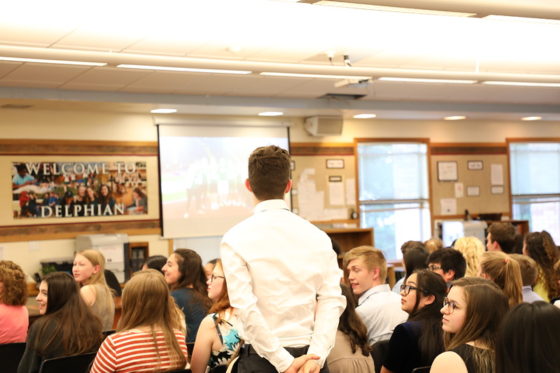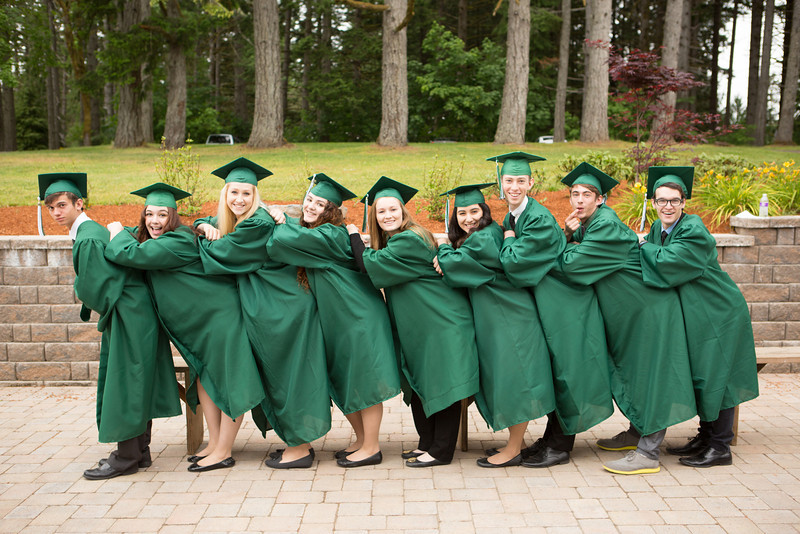In The New York Times Opinion Pages on January 15, 2011, Op-Ed Columnist Nicholas D. Kristoff argues that the real strategic challenge isn’t Chinese fighter aircraft but China’s focus on education. Â I won’t go into the controversy about the latest international tests in which Shanghai and other Asian countries ranked at the top, along with Finland.
I took something different away from his piece.  He’s been visiting schools in China and Asia for more than 20 years, so he had a lot to say. Here’s what stuck with me: He said, “[I]n China, school sports and gym just don’t matter.”  Before you get the wrong idea, he later noted that “[I]n Chinese schools, teachers are much respected, and the most admired kid is often the brain rather than the jock or class clown.”  In other words, succeeding in school sports was kept in perspective, something you don’t always see in our schools or communities.
Hey, what an idea—respecting teachers!  Admiring the top students more than the top athletes.  I’ve hated to see the horrible “My kid beat up the honor student” bumper stickers, and any form of making less of hard-working students.  I know that is not a mainstream or widely-held idea, but it is nasty and shouldn’t be tolerated.  We’ve got to turn things around in a big way.  Of course, Delphian is different and we are able to honor the academic achievement of all of our students.  Check out one of our Graduation videos to see for yourself.
The truth is that when students do well in any academic field, we ought to be as excited as we are when our school sports team does well. Â Sports pages sell newspapers, but wouldn’t it be great if there were also School Pages, where equal excitement was shared about student academic accomplishments? Â Wouldn’t it be great to see what local students were being recruited into colleges because of their academic achievements? Â And wouldn’t it be great to see more schools where all students can achieve their academic goals?
There are many good news stories about student achievement. Â They just don’t quite make the same splash that sports makes. Â Apparently this is where China does a better job than America does. Â
On January 10, I took 29 Upper School students to Salem to see the opening of the Oregon Legislature and the inauguration of our Governor Kitzhaber. Â We heard him talk about education being his highest priority. Â He said “[E]ducated citizens are more likely to succeed in the workplace and less likely to need social support services or to become involved in the criminal justice system.” Â
I think the least we can do is work on admiring and honoring academic achievement as much as we do athletic achievement. Â That’s my story and I’m sticking to it!
Posted by Mr. Mark Siegel on Monday January 17, 2011 at 01:28PM



